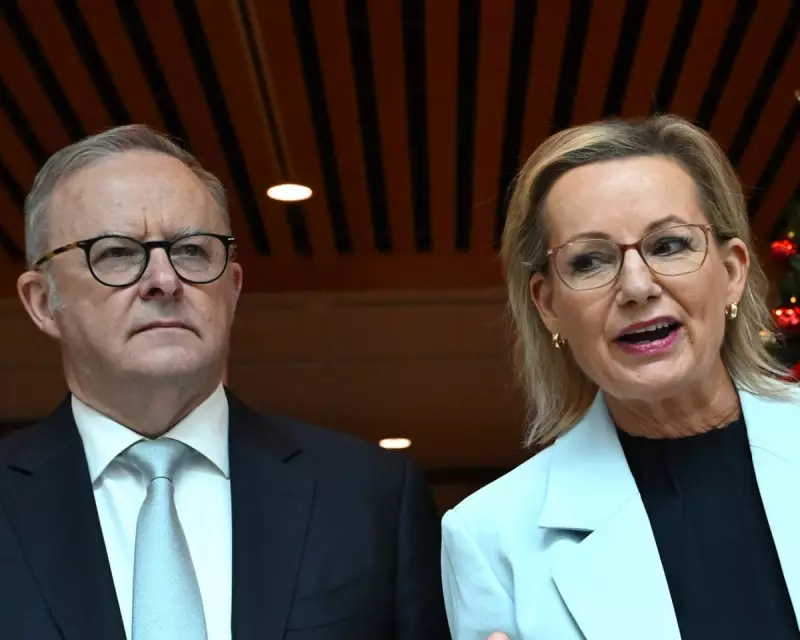
In a dramatic political manoeuvre, the Coalition has presented the Albanese government with a clear path to pass its rewritten environmental laws, but at a significant cost to nature protections. Opposition Leader Sussan Ley has declared the Coalition will vote to pass Labor's re-written Environment Protection and Biodiversity Conservation (EPBC) Act in the final sitting week of parliament, but only if the government agrees to a series of what she terms 'sensible amendments'.
A Deal on the Table
The offer, confirmed by Ley in a statement, creates a potential legislative shortcut for the government, which has been striving to implement long-awaited changes to the nation's core environmental protection framework. The opposition's support is conditional on Labor accepting its amendments while simultaneously rejecting demands from the Greens, setting up a critical political choice for the government.
Environment Minister Murray Watt has indicated he remains open to striking a deal with either the Coalition or the Greens to ensure the laws pass the Senate before parliament wraps up for 2025 next Thursday. Despite not yet having secured the necessary support, Watt was adamant on Thursday that the legislation would pass next week.
Key Points of Contention
The Coalition has outlined seven specific areas of concern it wants addressed in the legislation. These proposed changes would substantially alter the government's intended environmental reforms. Key among the opposition's demands are revisions to the powers of Labor's proposed Environment Protection Agency (EPA), a body intended to oversee the new regulatory framework.
Further Coalition concerns include the requirement for large-scale development projects to disclose their projected emissions upfront. The opposition also seeks to curtail what it describes as 'excessive' financial penalties for breaches of nature laws and limit the use of 'stop-work' orders that could halt projects found to be non-compliant.
Perhaps most significantly, the Coalition is targeting two core environmental protection mechanisms within the proposed legislation: a new definition of 'unacceptable impact' on the environment and a 'net gain' test designed to force developers to compensate for environmental damage and deliver an overall benefit for nature.
Political Fallout and Environmental Warnings
The potential deal has drawn fierce criticism from environmental groups and the Greens. Greens leader Larissa Waters issued a stark warning, stating that if Labor chooses to negotiate with the Coalition, it would reveal the government's true priorities. 'I think if the Labor government wants to do a deal with the climate denying, anti-science dinosaurs in the Liberal party that tells you everything that you need to know about what the government's motivations are. It's not the environment. It's lining the pockets of big corporates,' Waters told ABC's Afternoon Briefing.
Environmental lawyers have also raised serious concerns. The Environmental Defenders Office told a senate committee examining the legislation that the bills, in their current form, risked exacerbating the failings of the existing EPBC Act. Rachel Walmsley, EDO's deputy director of policy and law reform, presented parliament with three options: maintain the status quo, pass the bills as proposed or weakened further, or strengthen the bills to genuinely benefit nature. She emphatically stated that 'It has to be option three.'
Walmsley cautioned the government against further weakening what she characterised as already flawed laws at the 'behest of industry'. This sets the stage for a contentious final sitting week, where the government must choose between a deal that ensures legislative passage but weakens environmental safeguards, or faces potential delay and a backlash from business interests.






